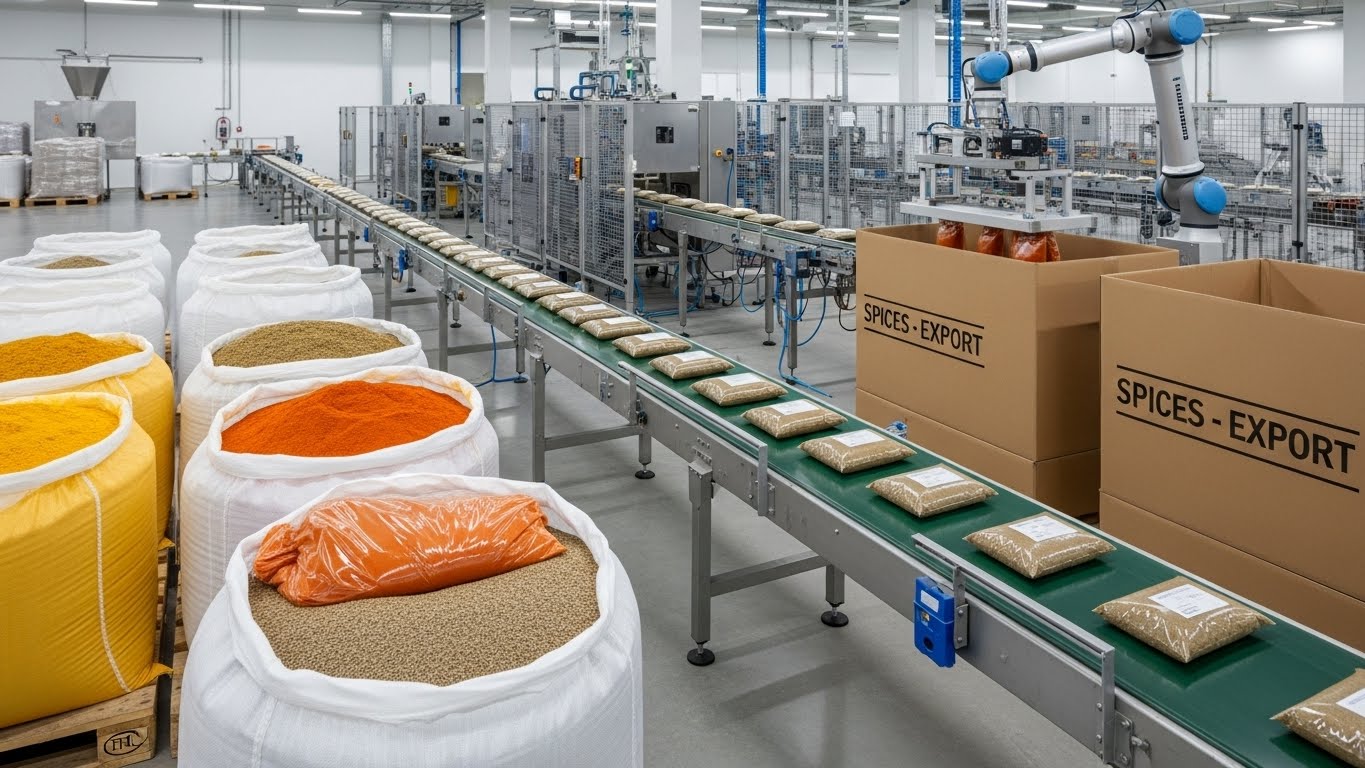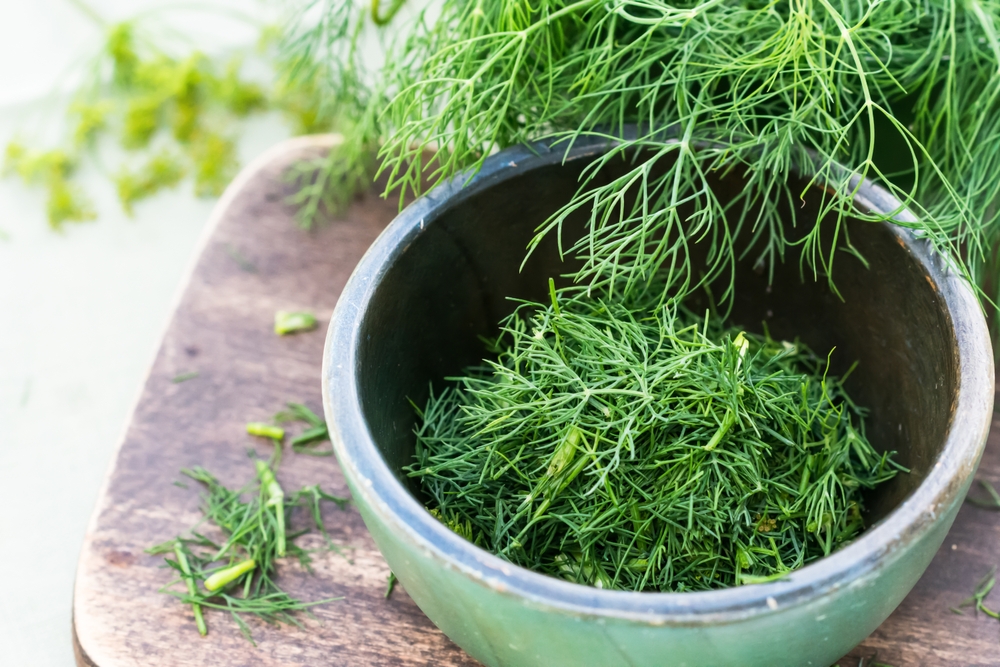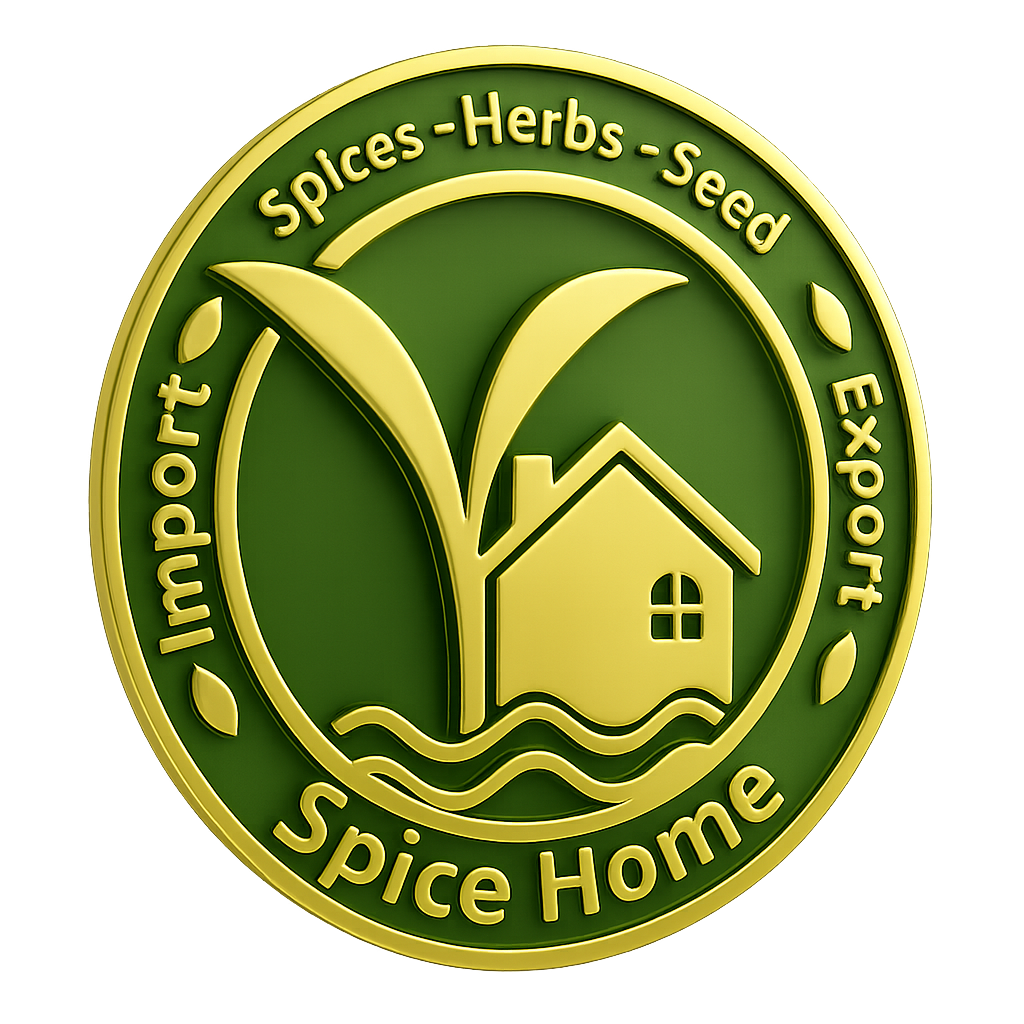Dill Cultivation in Egypt and Its Benefits

Dill (Anethum graveolens) is a herb known for its aromatic seeds and delicate, feathery leaves. Used widely in culinary practices around the world, dill is also cherished for its medicinal properties. In Egypt, dill has found a favorable environment for cultivation due to the country’s climate and soil conditions. This essay explores the cultivation of dill in Egypt, examining its agricultural practices, economic significance, and health benefits.

Cultivation of Dill in Egypt
1. Climate and Soil Requirements: Dill thrives in warm, temperate climates with plenty of sunlight, making Egypt an ideal location for its cultivation. The herb requires well-drained, fertile soil with a pH range of 5.5 to 7.5. Egypt’s Nile Delta region, with its rich alluvial soils, provides perfect growing conditions for dill.
2. Sowing and Growing: Dill is typically sown in the fall or early spring. Seeds are planted directly in the soil, as dill does not transplant well. In Egypt, farmers prefer sowing in rows to facilitate easy irrigation and weed control. The seeds germinate within 10 to 14 days, and plants mature in about 70 to 90 days.
3. Irrigation and Maintenance: Dill requires regular watering, especially during dry spells. In Egypt, traditional and modern irrigation methods, including drip and flood irrigation, are used to ensure adequate moisture. Weed control is crucial in the early stages, and organic or mechanical methods are employed to manage weeds without harming the plants.
4. Harvesting: Dill leaves can be harvested once the plants reach about 20 cm in height. For seeds, harvesting is done when the flower heads turn brown and the seeds are fully developed. In Egypt, dill is often harvested by hand to ensure the delicate leaves and seeds are not damaged.
Economic Significance
1. Domestic Use: Dill is a staple in Egyptian cuisine, used in pickles, salads, and as a seasoning for various dishes. The domestic demand for dill ensures a steady market for local farmers.
2. Export Potential: Egyptian dill is also exported, particularly to Europe and the Middle East, where there is a high demand for this aromatic herb. The export of dill seeds and essential oil derived from dill contributes significantly to Egypt’s agricultural exports.
3. Employment Opportunities: The cultivation, harvesting, processing, and packaging of dill provide employment opportunities in rural areas. This helps in improving the livelihoods of farmers and workers involved in the dill production chain.
Health Benefits of Dill
1. Nutritional Value: Dill is rich in vitamins A and C, calcium, iron, and manganese. It is also a good source of dietary fiber and antioxidants. These nutrients are essential for maintaining good health and preventing various diseases.
2. Digestive Health: Dill has been traditionally used to treat digestive issues. Its essential oils stimulate the production of bile and digestive juices, improving digestion and alleviating issues like bloating and flatulence.
3. Anti-Inflammatory Properties: The anti-inflammatory compounds in dill help reduce inflammation and pain associated with arthritis and other inflammatory conditions.
4. Antimicrobial Effects: Dill exhibits antimicrobial properties that help in fighting infections. It is effective against a range of bacteria and fungi, making it a natural remedy for infections.
5. Heart Health: The flavonoids and monoterpenes in dill contribute to cardiovascular health by lowering blood pressure and cholesterol levels. Regular consumption of dill can help reduce the risk of heart diseases.
Conclusion
Dill cultivation in Egypt is a testament to the country’s rich agricultural heritage and its ability to leverage favorable climatic conditions for diverse crop production. The herb’s economic significance is evident in its contribution to domestic markets and export revenues, while its health benefits make it a valuable addition to diets worldwide. As global interest in natural and healthy foods continues to grow, Egypt’s dill production stands to benefit further, promising sustained agricultural and economic development.


